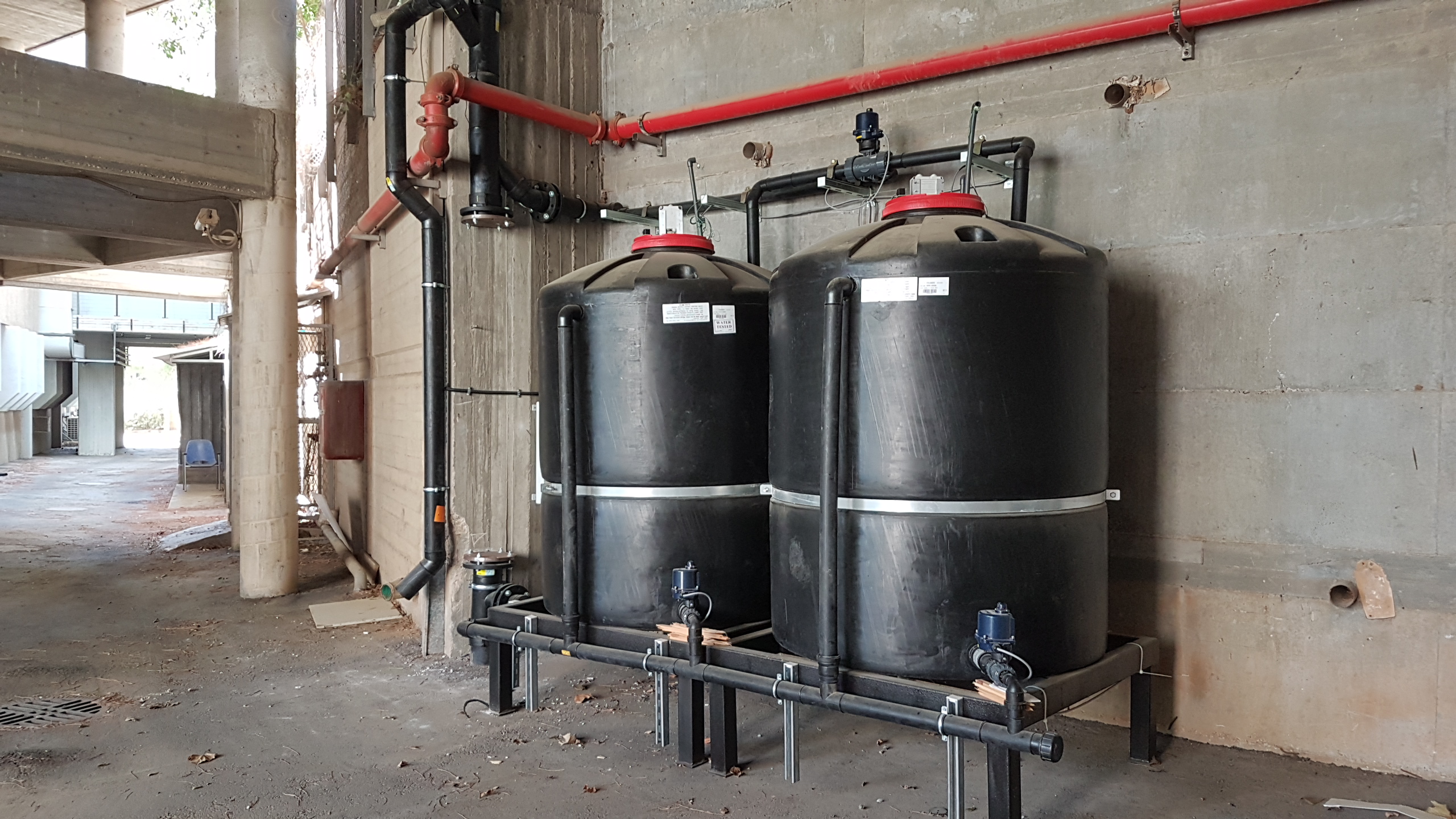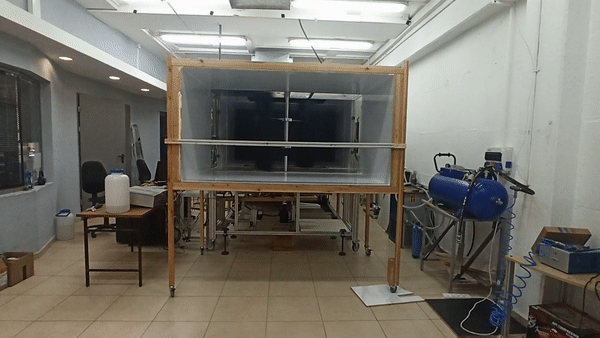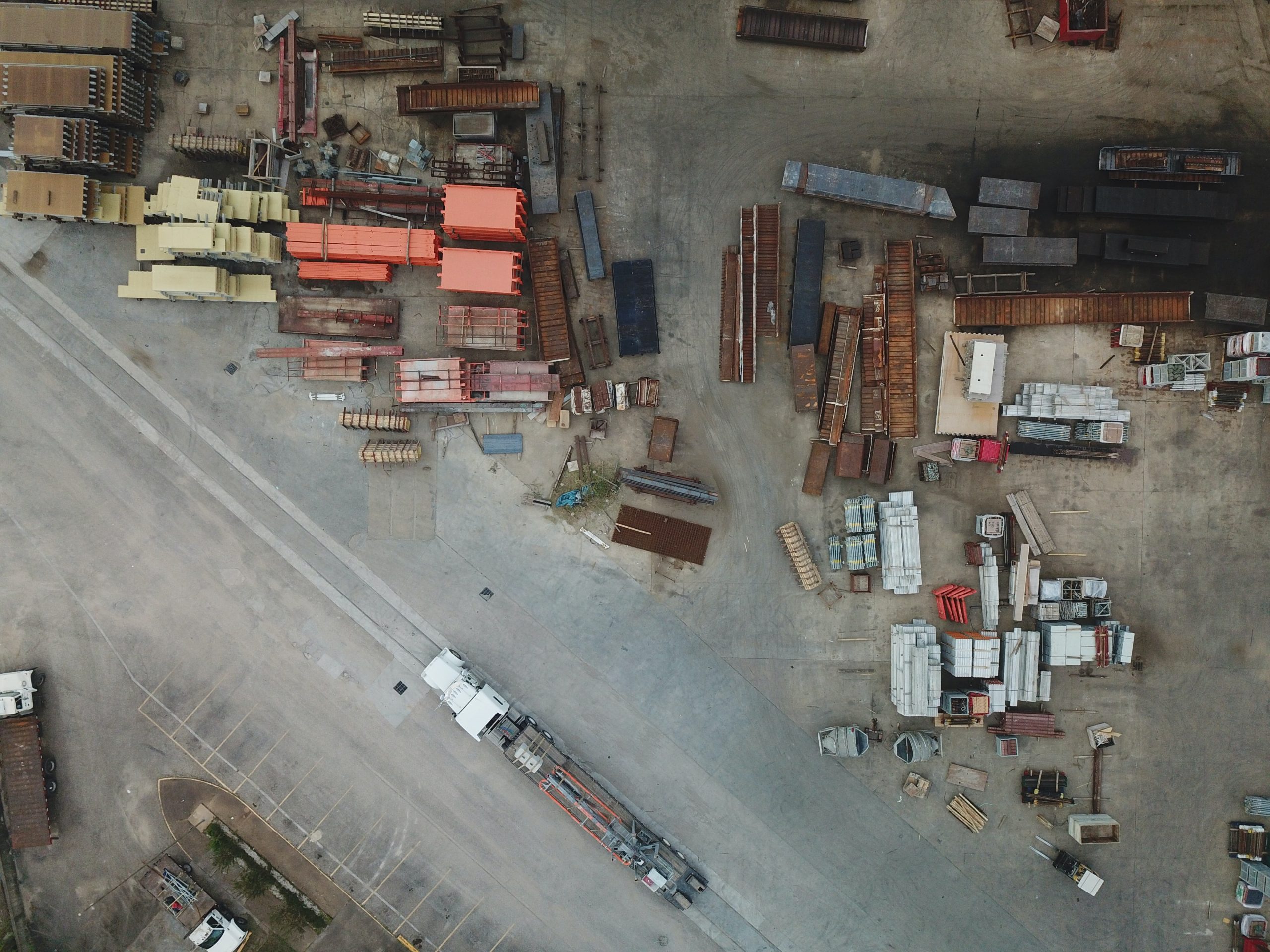Food Security in a Post-COVID-19 World
June 9, 2020Are food imports and exports a thing of the past? What will food security in a post-COVID-19 world look like?
With all the excess time we’ve had in quarantine, there is no time like the present to reconsider the kind of world we want to live in after Corona. This holds true for the environment and food security.
“One does not have to wait for the post-crisis era in order to change. Changes can be made now, not after,” says Gideon Behar, Ambassador and Special Envoy for Climate Change and Sustainability for Israel’s Ministry of Foreign Affairs.
With COVID-19 shaking up the economy, those in the food industry realize to a certain degree that the status-quo of the chain of supply is not safe anymore. “At some point, countries might block certain exports, for example, grains, in an effort to protect their own population and supply their own people with their food needs,” says Behar.
This brings into question the stability of the global supply chain of food – could the corona pandemic create a collapse in this system? To what degree is Israel prepared to sustain itself during a possible movement towards isolationism within the world’s economy?
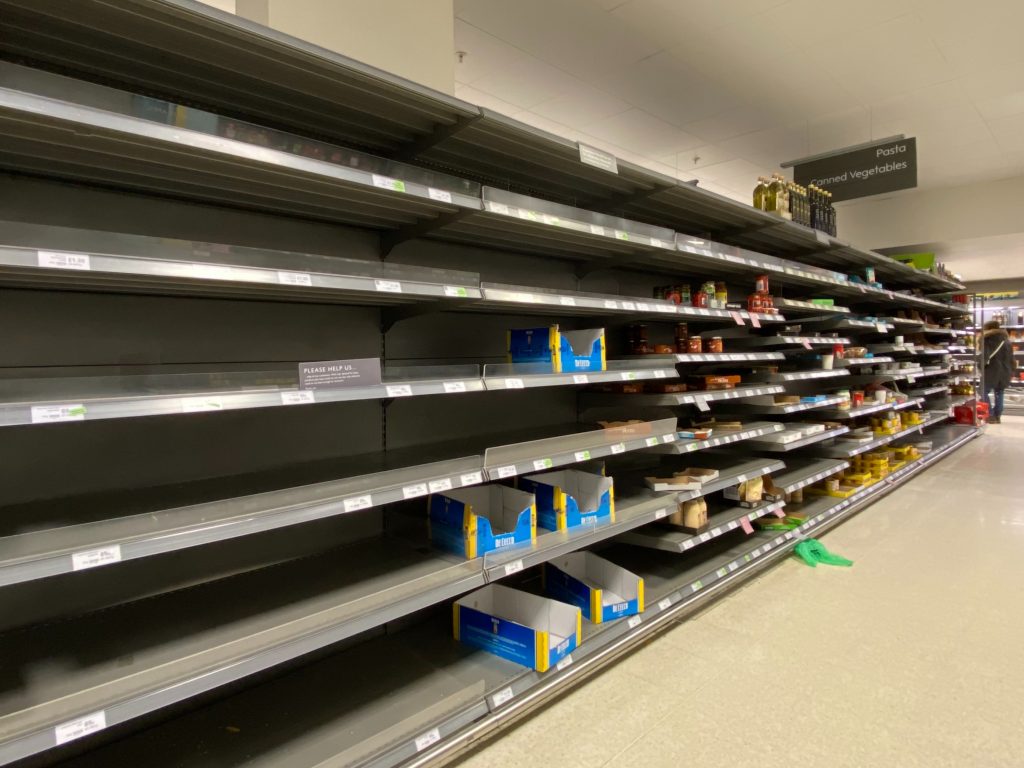
Food Security with Holistic Base
According to Behar, Israel has the means to change its paradigm and policies, but those who are a part of the food system have to prepare themselves as well as Israeli consumers in advance. But the question is, how?
Michal Bitterman, CEO & Co-founder at The Natural Step Israel, a non-profit organization that helps individuals and companies work towards sustainability, says that we “need to put an emphasis on different priorities and handle the food system differently. We need to focus on food security on a local scale that has a holistic base. This will give us resiliency.”
Behar suggests to stop building on agricultural lands. “We are losing 10,000 dunams per year to construction. Therefore, we need to maintain, support, and protect agricultural production,” he says. “We must understand that we cannot touch this land, especially agriculture located in the center of Israel, which is vital to the agricultural sector.”
Supporting localities, as Bitterman mentioned before, in terms of farmers and local suppliers in the food chain, is also of extreme importance. These entities “almost shut down when the epidemic started.” Therefore, she suggests cutting out the middleman and creating a system of directly purchasing from farmers. Not only is it cheaper, she explains, but it gives consumers an appreciation for food.
Behar mentions giving local farmers incentives to continue growing crops. Currently, farmers feel pressure to compete with products imported from abroad. “These local farmers need incentives,” says Behar. “In the future, foreign countries supplying food and agricultural products to Israel may not be able to continue doing so at the current rate, and we will find ourselves in a broken system. Therefore, we need to buy from Israeli farmers and maintain a system that supports them.“
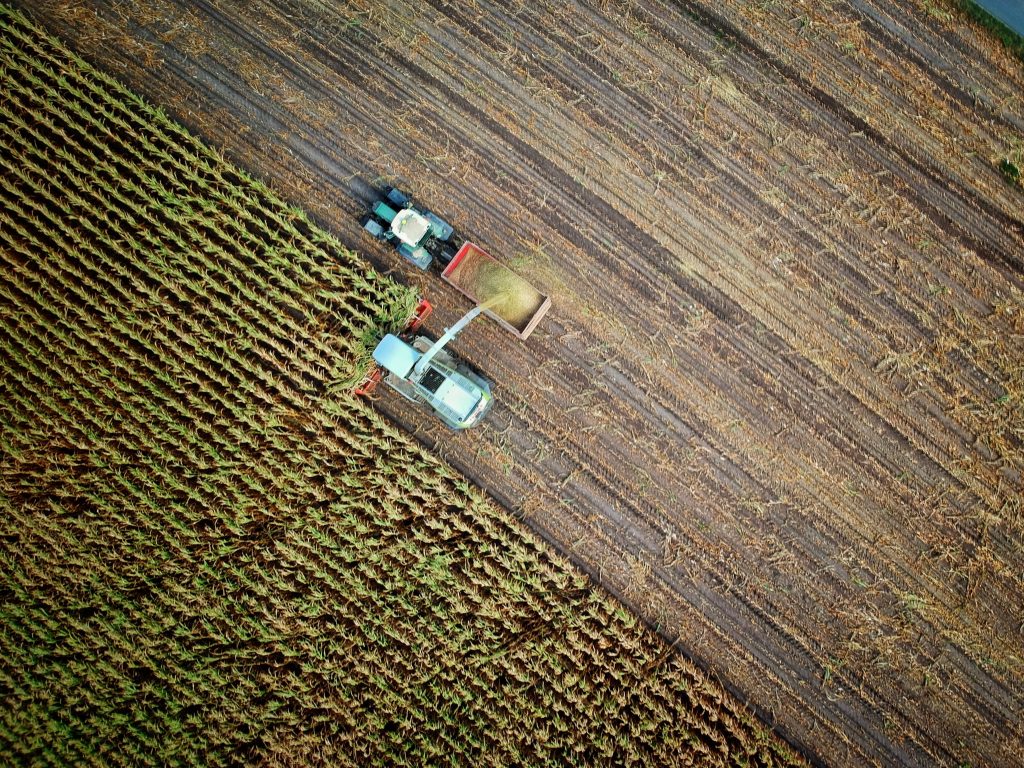
Imports vs. Local
In addition, Israel is part of the global food chain. But, when COVID-19 started, the country wanted to close its borders regarding imports and exports. “This doesn’t make sense without thinking about what your nation has,” explains Bitterman.
Bitterman adds that we are dealing with exporting things that we have and importing things we could grow. “We are using products from abroad, but we need to see that we have the ability to support our local and national necessities. This is something that decision-makers are not aware of.” In some cases, local farmers even have to refrain from harvesting their crops because of excess imports of the same crops from different countries.
From a sustainability point of view, Bitterman explains that the average person does not think about the costs of imports and exports. There are numerous resources used in order to get products to Israel, including marketing the product and the greenhouse gases attributed to moving the product.
In order to keep Israeli farmers competitive with the standards and quantities of oversees farmers, they either need direct support from the government, such as that in the EU, which includes environmental guidelines or protection through the taxation of imported goods. In addition, the safety net for events such as bad weather or disease should be reinforced to assure the livelihood of these farmers as well as the safety of the population.
Another topic of concern in a post-corona world is our source of protein. Only 15% of the protein we consume comes from the sea, while 85% comes from land-based sources. Terrestrial protein supplies are difficult in terms of upkeep. For example, feed such as grains needs to be imported in order to sustain the livestock and resources such as water and fertilizer are heavily used in order to maintain farmland for these animals.
“In times of a global crisis, we might find ourselves in a situation where we cannot supply enough protein to the people of Israel,” says Behar. “This means that we need to rely on other protein sources such as legumes, beans, and sea-based sources.”
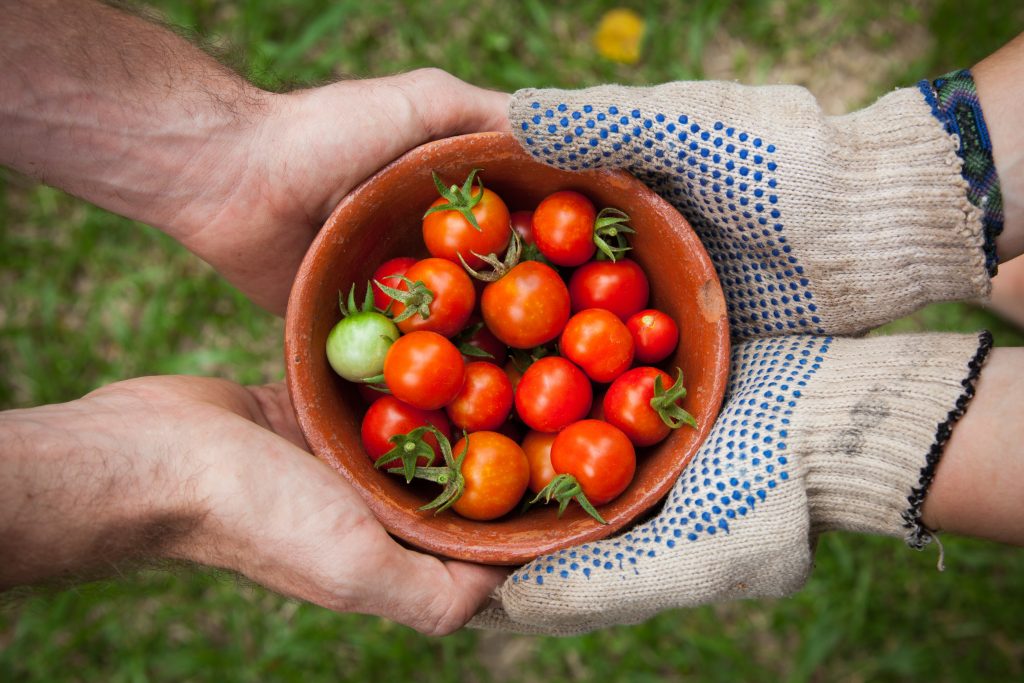
Mitigating Food Waste
Lastly, food waste, now more than ever, is an important aspect of the food system that needs to be changed. “Food waste makes up a third of our food system,” says Bitterman. “A quarter of what we buy goes to the garbage.”
This is part of our daily routines, whether we realize it or not. How much food we buy, how it is stored, and what we do with our leftovers all contribute to the era of food waste that we are in. This, in the context of a global pandemic, is exacerbated because consumers are buying more in a shorter period of time, explains Bitterman.
To mitigate food waste from a management perspective, legislation should be enacted that either mandates stores to donate food that is left over at the end of the workday or puts a price on garbage. Bitterman explains that “if prices increase, stores will be more sensitive to the amount they throw away. When supermarkets in Italy had to pay to throw their garbage away, they started to be more conservative.” She exclaims, “we need to act on this. We are throwing a lot of food out, and it is of good quality!”
Israel, in particular, has been trying to promote dynamic pricing at supermarkets to mitigate its food waste. “This is a win-win situation. Supermarkets are selling at lower prices instead of not selling at all, the government doesn’t need to treat as much waste, and consumers are buying at a cheaper price.” Currently, dynamic pricing has been shelved because of COVID-19, but Bitterman is confident that it will pick up afterward.
“We need to make sure we have enough food, that it is healthy, and that it is priced accordingly so that it is available for everyone,” concludes Bitterman.
“Every crisis is an opportunity. We must savor this opportunity and not let it slip away,” concludes Behar.
This ZAVIT article was also published in The Jerusalem Post on 05/31/2020.
